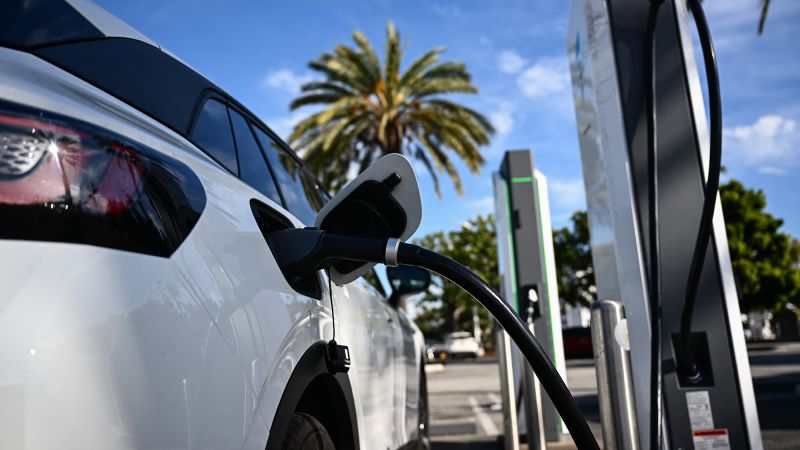The Best Time to Buy an Electric Vehicle May Be Now, With $7,500 Federal Tax Credit Hitting the Brink
The best time to buy an electric vehicle (EV) may be now, as the $7,500 federal tax credit is set to disappear soon. President-elect Donald Trump has said he plans to eliminate the tax credit, which could be done as part of tax legislation early in 2025 or by having the Internal Revenue Service issue a new rule making the credit unavailable.
According to Ivan Drury, director of insights at car buying site Edmunds, the simplest route for Trump to eliminate the credit would be through a new rule, which could happen quickly. While it’s unclear exactly how Trump would eliminate the credit, Drury expects it won’t last long into the new administration.
Moreover, the tax credit is just one of the reasons to consider buying an EV now. The combination of the federal tax incentive, weakening sales, and a surge in EV model choices has led to record inventories of electric vehicles on dealer lots earlier this year. This glut has resulted in attractive financing terms from automakers, with the average lease payment on non-Tesla EVs down 40% from the start of 2023, and the average interest rate on the lease cut by more than half.
The loss of the tax credit and the inevitable weaker demand that would follow could lead legacy automakers to pull back on their EV production, making the incentives now being offered by automakers even more valuable.
However, the auto industry may fight to preserve the tax credit. The Alliance for Automotive Innovation, an industry trade group, has urged Congress to keep the tax credit in place, citing the need for US manufacturers to compete with Chinese EV production and advancements.
Tesla CEO Elon Musk has also encouraged Trump to end the tax credit, stating it would “only help Tesla.” The disappearance of the tax credit would likely hurt legacy automakers planning to roll out more EVs in the coming years, including General Motors, Ford, and Stellantis, as well as small EV upstarts like Rivian, which have not yet profited from EV sales due to startup costs.
Despite slowing EV demand, many experts still forecast that total US sales of EVs will continue to edge higher, albeit at a slower pace than in the past. S&P Global predicts that 20 new EV models will enter the market in 2025, bringing in new buyers and increasing EV sales. However, the automakers’ response to the lack of tax credit could determine how much sales fall, and some states may step up with their own tax credits to replace the federal credit.

